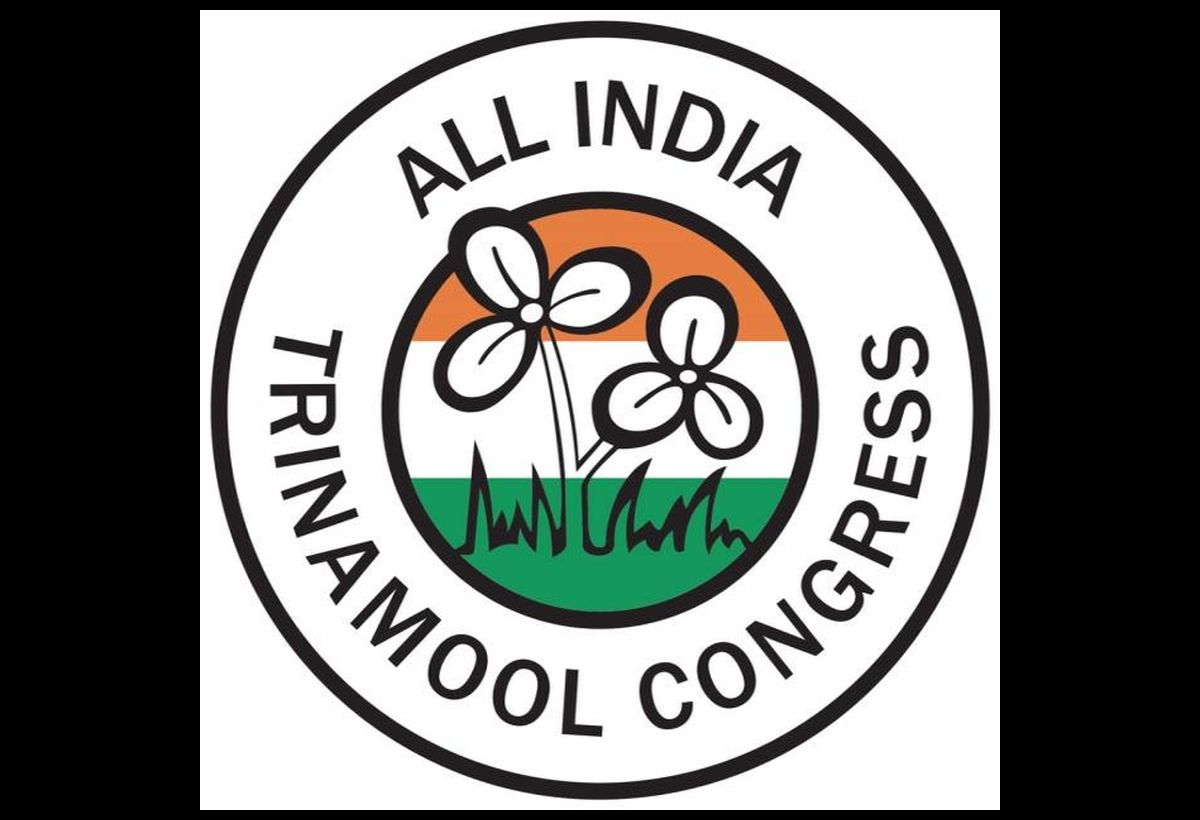The denouement in the Subhendu Adhikari saga, which has the potential to turn electoral calculations for the forthcoming state Assembly election in West Bengal on their head, is yet to come to fruition. But that hasn’t stopped the various players with skin in the game from adding their twists to the unfolding tale.
Trinamool Congress MP and the chief minister’s nephew Abhishek Banerjee, whose rapid promotion and growing clout in the party is thought to have been one cause for Adhikari’s rebellion, is reported to have had a sit-down with the former state transport minister and south Bengal strongman in Kolkata on Tuesday.
Advertisement
Also present at the face-to-face meeting was poll strategist Prashant Kishor, another target of Adhikari’s ire. “We have reached a positive conclusion that Subhendu will stay in the Trinamool Congress and we shall work together for the good of the party,” senior party leader Saugata Roy, who is thought to have mediated the alleged rapprochement, said after the two-hour interaction between the leaders.
The subject of this optimistic comment, though, has stayed incommunicado. Adhikari’s last statement on the issue of his political plans was made at a public meeting a couple of days ago – at a rally on his home turf of East Midnapore which has also been his only public utterance after quitting the state government: “The people will have the last word on my future… I will continue to serve Bengal and Bengalis as their sewak.”
Meanwhile, the BJP continues chipping away at the ruling party even as it intensifies efforts to land the big fish.
State president Dilip Ghosh, welcoming a TMC MLA (Mihir Goswami) into the party on Friday, iterated that ruling party ministers and legislators have “lost faith” in the Mamata administration, while the party’s brains-trust is confident that Adhikari will join and/or align with the BJP and is working to get him to Delhi for a meeting with the top brass this week itself.
The reasons why these goings-on acquire national significance is the vital importance of West Bengal in the political scheme of things. For the BJP, it is not just about installing another NDA state government nor is it merely the emotional high of finally wresting power in the land of its icon Syama Prasad Mukherjee.
These and other such motivations, while constituting a consummation devoutly to be wished for by the saffron camp, are subsumed in its meta-narrative of nation-building wherein Bengal, Assam and Kerala have traditionally proven to be the biggest obstacles given their large minority populations and an accentuation of their ‘separateness’ by the Congress, Left and regional parties.
The integrationist model of nationhood which is a founding principle of the BJP and informs its worldview dictates it will use all means to achieve this goal. Assam is a classic example of how decades of electoral underperformance by the BJP despite relentless on-ground activism was turned with the induction of a local strongman. Bengal is an even bigger prize.











